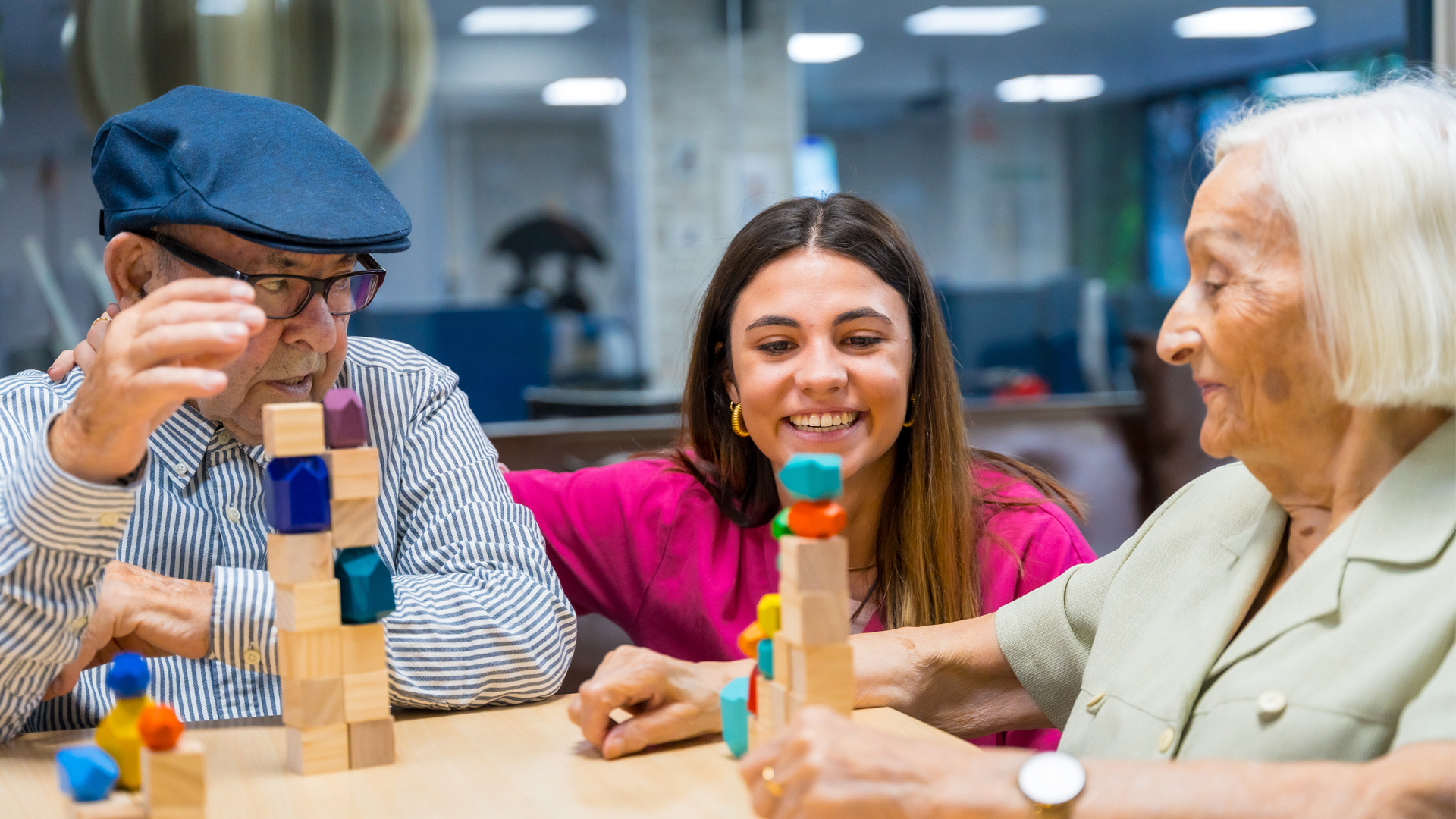Alzheimer’s disease is a progressive brain disorder that causes worsening memory issues and cognitive impairments. It falls under the umbrella of dementia, which is a collective term for a loss of thinking, remembering, and reasoning skills. Estimates vary, but experts suggest that more than 6 million Americans aged 65 or older may have dementia caused by Alzheimer’s.
Alzheimer’s disease is one of the leading causes of death in the U.S. and the most common cause of dementia among older adults. As the illness advances, your loved one will increasingly need help with basic daily tasks like bathing, paying bills, getting dressed, and making meals.
What Causes Alzheimer’s?
While scientists are still studying the factors that lead to Alzheimer’s disease, people with this condition experience multiple complex brain changes that may begin a decade or more before symptoms appear. The initial damage takes place in the hippocampus and entorhinal cortex – two parts of the brain that are essential to retaining memories. The disease also disrupts the electrical and chemical signals that travel among neurons, resulting in loss of function and cell death.
As more neurons die, additional parts of the brain begin to shrink, causing gradual changes that impact a person’s ability to function in their everyday life. By the final stages of Alzheimer’s, damage is widespread, and brain tissue has atrophied significantly.
People with dementia rarely have only Alzheimer’s-related changes in their brains. Various vascular issues can lead to reduced blood flow and oxygen to the brain, as well as a breakdown of the blood-brain barrier, which results in harmful inflammation.
How to Help a Loved One With Alzheimer’s
In the early stages of Alzheimer’s disease, memory loss and other cognitive difficulties may cause your loved one to be easily confused and disoriented. They may wander off, repeat questions, or lose their place in the middle of multi-step processes like getting dressed. Seeing these personality and behavioral changes and realizing that they’ll gradually worsen can be alarming, but remember that one of the best things you can do for your loved one is to ensure they stay in a familiar, comfortable environment.
Since people with Alzheimer’s and other forms of dementia need plenty of routine and stability, allowing them to remain at home can be less stressful for them. However, adding a caregiver’s responsibilities to your plate may be challenging for you – especially if you are not a trained health provider. At Legacy Homecare LA, our Care Companions are more than ready to step in and take the burden off your shoulders.
In-Home Care for Alzheimer’s Disease and Dementia
Through customized treatment plans, our highly trained Care Companions provide compassionate nursing care for dementia clients. As your loved one’s symptoms progress, their caregiver will seamlessly adapt to their changing needs – from daytime companionship and help with simple tasks through 24-hour in-home care.
We provide our dementia Care Companions with everything they need to provide top-tier care to their clients, including dementia-specific training from the country’s top programs. By continuing to live at home while receiving treatment, Alzheimer’s clients maintain more independence, which will give you additional peace of mind. If you’re ready to learn more about how we can help your family, reach out to us today.






